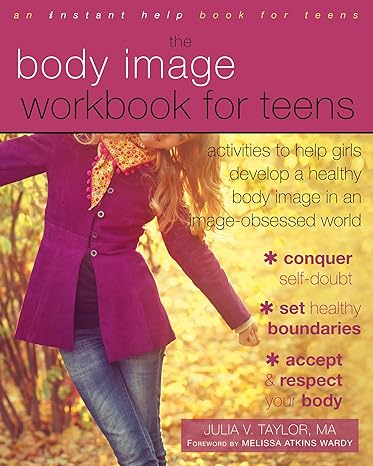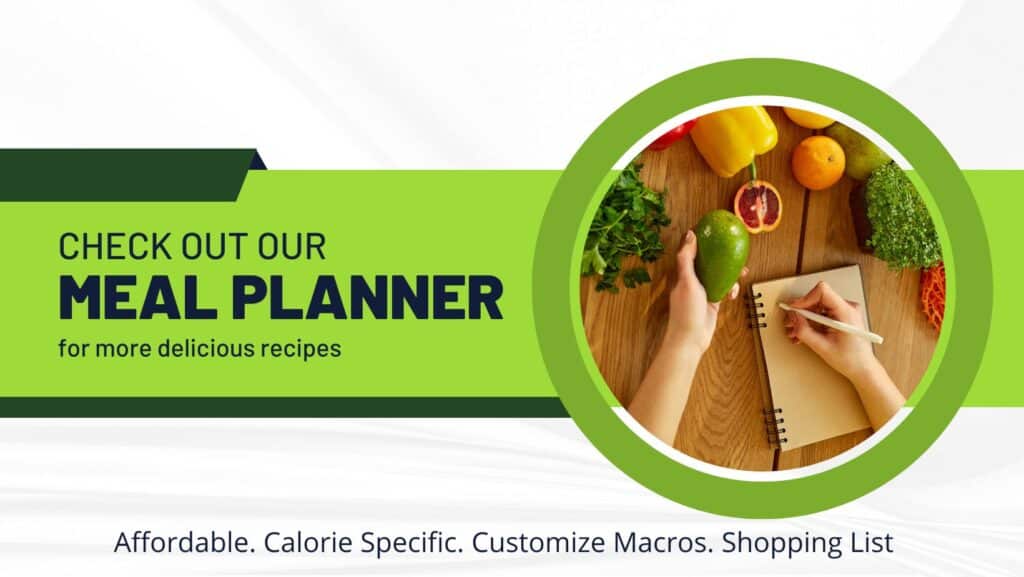Talking to your teens and children about health in a positive or even neutral way is extremely important. With constant comparison to social media and body image advertisements, it’s only getting harder to talk to our children about food and health.
Disordered eating patterns, fears of food, over consumption of food, and restricted diets with teens are becoming more prominent due to various factors. It has been shown that the way parents/caregivers/guardians talk about food, weight, and health has one of the biggest impacts on how their children feel about these topics. When children are young, parents/caregivers are responsible for providing an environment that helps them maintain a healthy lifestyle.
What can I do to create a positive food environment?
Creating a positive food environment involves fostering a mindset that embraces balance, variety, and enjoyment in eating. You can help foster this mindset by doing the following:
- Be a positive role model for healthful eating and activity habits
- Provide a reassuring and unbiased atmosphere around regular meal and snack times
- Encourage a culture where meals and snacks are shared experiences
- Emphasize the pleasure of eating diverse, nutrient-rich foods without guilt or shame
- Support mindful eating practices by encouraging to listening to hunger and fullness cues
- Promote the idea that health is not just about size and weight, but about balance, diversity, and mental well-being
How do I talk to my teen about health?
Talking to teenagers about food and health relationships requires a thoughtful, respectful approach that encourages positive habits without triggering negative feelings of behaviors. Fostering an open, supportive dialogue and focusing on all aspects of a healthy lifestyle can help teenagers develop a positive relationship with food and their bodies.
Strategies to help develop positive conversation around eating
Developing positive conversations around eating involves creating an environment where food is seen as a source of nourishment and enjoyment rather than stress or judgement. Here are some strategies to implement at home:
Focus on Balance, Not Restrictions
Teens are inundated with messages about dieting and body image which can lead to unhealthy relationships with food. Talk about the importance of a balanced diet instead of emphasizing restrictions or “good” vs “bad” foods. Encourage them to enjoy a variety of foods and that all foods can fit into a healthy lifestyle.
Promote Positive Body Image
Avoid making comments about weight or appearance, whether it’s theirs, yours, or someone else’s. Focusing on how balanced eating and physical activity can make them feel will remove the spotlight from appearance. Highlight the benefits of good nutrition, such as improved energy, mood, and overall well-being. Reinforce the idea that health is not solely about appearance but about feeling strong and capable.
Encourage Mindful Eating
Teach teens to listen to their bodies’ hunger and fullness cues. Mindful eating involves paying attention to what, when, and why we eat. This practice can help prevent overeating or under-eating and promote a healthier relationship with food. If interested about learning more on mindful eating, check out our blog at this link
Involve Them in Meal Planning
Engage teens in grocery shopping, cooking, and meal planning, as involvement in these activities can make them interested in making balanced choices. Cooking together can be fun and a bonding experience for the whole family. Involving your teen in the meal planning and prepping process also provides an opportunity to teach them about nutrition in a hands-on way. Looking for new and fun recipes to try? Check out our Meal Planner info below!
Set a Good Example
Model healthy eating behaviors and a positive attitude towards food. Teenagers are more likely to adopt healthy habits if they see adults practicing them. Show enthusiasm for a variety of foods and enjoy meals together whenever possible.
Discuss Social Media Influences
Have a discussion about how media and advertising can distort perceptions of food and body image. Help them critically evaluate the messages they receive from social media, TV, and other sources. Encourage them to follow social media accounts that promote body positivity/neutrality and healthy lifestyles.
This body image workbook for teens is a fun and engaging workbook that will help work through some of the body image insecurities that get the best of us. It can be used as a tool to help silence the inner critic and start building authentic, long-lasting self-confidence.

Highlight the Benefits of Physical Activity
Emphasize the being active is a key part of a healthy lifestyle. Encourage teens to physical activities that they enjoy rather than what they feel they “should” do. Some of those activities can include dancing, hiking, playing a sport, or even walking the dog. Physical activity should be fun and something they look forward to, not just a means to an end.
Address Emotional Eating
Helping teens recognize that food can be used to cope with emotions is key. Discuss the importance of emotional well-being and encourage healthy coping strategies. Some teens may need to take it a step further and connect with a mental health team (therapist, dietitian, psychiatrist) to help support them with these struggles. Work to be supportive and understanding if they express concerns or struggles related to emotional eating.
If you are finding that your teen is struggling with emotion-based eating, check out our Nourish by AN to get support from our trained and caring dietitians.
Be Supportive and Non-Judgmental
Work to create an open environment where teenagers feel comfortable discussing their thoughts and concerns about food and health. Listen to them and provide support without judgment, in addition to validating their feelings. This will help them continue to create an open line of communication as they get older.
We are here to help!
Talking to teenagers about food and health is all about creating a supportive positive environment. By focusing on balance, promoting a positive body image, and encouraging mindful eating, you can help teens develop a healthy relationship with food. The goal is to empower them with knowledge and support them in choices that help enhance their overall well-being.
Navigating this topic can be difficult, but it does not have to be impossible! Our Registered Dietitians can help support you and/or your teen about building positive relationships around food. Schedule an appointment today to get started. We accept most major insurance, and you may find that your sessions are fully covered!
Disclosure:
Some of our pages contain affiliate links. Anderson’s Nutrition may receive a commission at no extra cost to you. We only promote products that we have used and verified, and recommend to our clients and friends. As an Amazon Associate, we earn from qualifying purchases. Anderson’s Nutrition is a participant in the Amazon Services LLC Associates Program, an affiliate advertising program designed to provide a means for sites to earn advertising fees by advertising and linking to Amazon.com.

